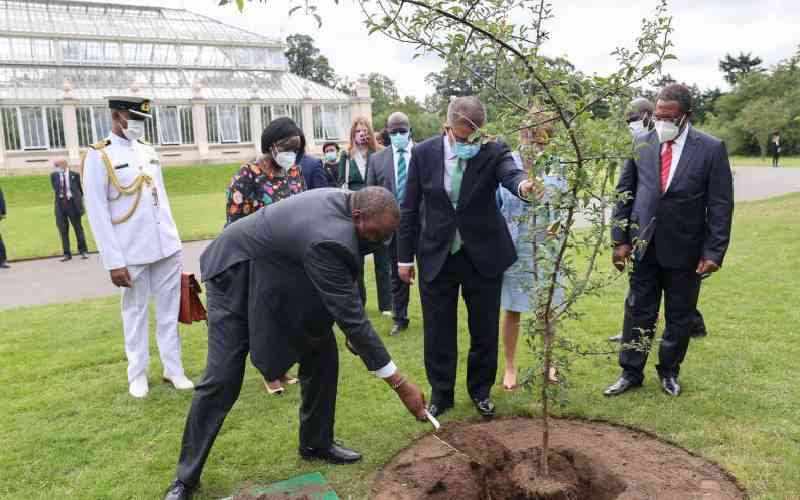
Next month, Sharm El-Sheikh, the Egyptian resort town between desert of the Sinai Peninsula and the Red Sea, will host the 27th UN Climate Change Conference of the Parties (COP27).
This comes amid unmet climate financing promises and a faltering leadership on steep emission cuts as a build up to the net zero targets by 2050. "We now have a much clearer understanding of the extent of the potential climate crisis and what needs to be done to address it effectively," Egyptian President Abdel Fattah El-Sisi says ahead of the summit.